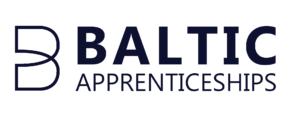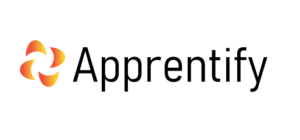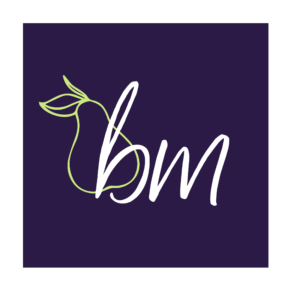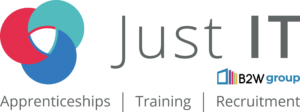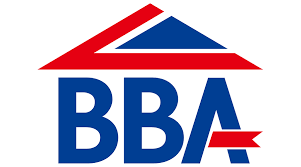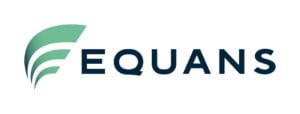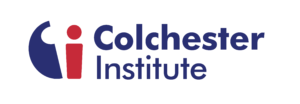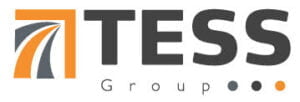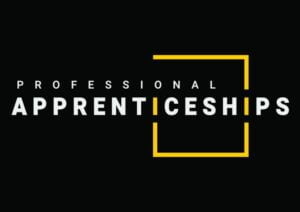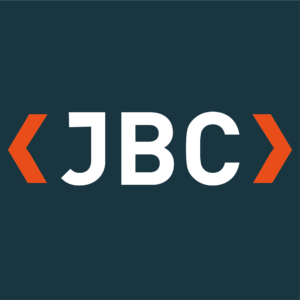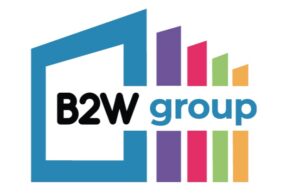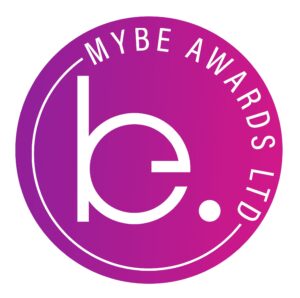Employers: Creating an inclusive workplace
Why create an inclusive workplace?
An inclusive workplace supports all apprentices and staff to be themselves and perform their best. If you view wellbeing as an investment, you’ll see returns in terms of happiness, productivity, loyalty, and retention of good staff.
When it comes to mental ill-health, the business case for inclusion is clear. According to the charity Mind, work-related mental ill-health costs the UK economy up to £45 million every year through lost working days, staff turnover, and lower productivity.
Here are some suggestions for embedding inclusivity into your workplace. We’ve included some quick wins, as well as resources to identify any gaps in your own organisation’s culture and address these.
How to create an inclusive workplace
Mentor support for apprentices
Assigning a workplace mentor/coach is a powerful tool which can ensure your apprentices thrive at work. A mentor who isn’t the apprentice’s line manager can provide a support system. They can help your apprentice resolve issues quickly when they don’t feel comfortable talking to their line manager.
A workplace mentor may:
- share their knowledge and experiences
- provide advice, guidance and feedback
- act as a sounding board for ideas and action plans
- offer encouragement and support
- celebrate the apprentice’s successes
- identify development opportunities
- build an apprentice’s confidence, independence, and self-belief
- set goals
- support personal development and wellbeing.
You may also want to consider:
- arranging for your apprentice to meet current or previous apprentices in your business
- organising networking opportunities with wider colleagues and relevant industry or professional bodies to support with the apprentice’s development
- organise regular team or company-wide social activities.
Tip: Remember your apprenticeship commitment statement – it’s vital to ensure apprentices have the time to work on their apprenticeship and also to feel supported and valued.
Take the Diversity Equality & Inclusion Pledge
The BAME Apprentice Network supports employers in becoming more ethnically diverse, equal, and inclusive. They have created a specialist DEI (Diversity, Equity & Inclusion) Pledge that employers can sign up for in order to aid their DEI journey.
Alongside the pledge, the Network provides employers with support through webinars and workshops to gain greater insight into positive practices they can put in place to meet the needs of the pledge. It also has a specialist jobs board that allows employers to post opportunities to the BAME Apprentice Network.
Fact: More than 60% of LGBTQ+ employees believe that being ‘out’ at work has improved their ability to do business and engage with customers.
Source
Celebrate inclusion and diversity awareness days
Maintaining awareness of important inclusion awareness days should be an important part of your inclusion and diversity strategy. By keeping track, you can plan ahead of time and commemorate important dates that may affect many people around you.
These days can be extremely important for certain communities to mark things for them. Encourage everyone in your organisation to respect them as a time of learning, acknowledgement, and celebration.
View an up to date list of awareness days here.
Train Mental Health First Aiders
Mental Health First Aid (MHFA) is an internationally recognised training course, designed to teach people how to spot the signs and symptoms of mental ill health and provide help on a first aid basis. In the same way as learning physical first aid, MHFA teaches people how to recognise those crucial warning signs of mental ill health and feel confident to guide someone to appropriate support. Embedding MHFA training within any organisation or community also encourages people to talk more freely about mental health, reducing stigma and creating a more positive culture.
Find out more here.
Nominate apprentices for awards
Awards recognise success, motivate your apprentices, and encourage them to be part of a community of peers. There are regional awards as well as national ceremonies such as:
- AAC Apprenticeship Awards
- National Apprenticeship Awards
- Top Apprenticeship Employers – includes a separate category for SME employers
- Multicultural Apprenticeship Awards
You could also consider any awards events specific to your industry or sector – there’s often an award category for skills, training or apprenticeships.
Consider your own training needs
Creating an inclusive workplace goes beyond following the Equality Act and having an Equality & Diversity policy.
There’s a wide range of training and conferences that can help you to create the best workplace for all your staff, apprentices included. There are many topical issues that you should be aware of, for example: instilling a culture of respect for pronouns in the workplace; anti-racism; and having trained mental health first aiders.
Here are some examples for you to consider:
ACAS training courses – topics include Equality, Diversity & Inclusion and Health & Wellbeing.
CIPD guidance on building inclusive workplaces.
The Inclusive Employers website has great guidance on understanding workplace inclusion, as well as webinars, training and consultation. They also offer an anti-racism in the workplace toolkit to purchase.
Work towards the Inclusive Employers Standard
The Inclusive Employer’s Standard (IES) is the evidence-based workplace accreditation tool for inclusion and diversity. Participants answer 35 questions that cover all the protected characteristics and wider I&D themes. The responses are used to measure inclusion and diversity and assess where you are on your I&D journey.
The questions are divided across six pillars of inclusion, that measure all areas of your I&D activity. You then receive bespoke, action-focused feedback that you can use to progress your I&D strategy and embed workplace inclusion.
Find out more about the IES here.
Share the support available
Whatever your organisation does to support inclusivity at work, make your staff and apprentices aware of it. Build it into your everyday culture and make it a talking point. Most importantly, make sure your teams know what support is available to them.
See also: Inclusive Employers’ 5 top tips on raising awareness of inclusion in your workplace
Click here for an easy way to share this site and the resources available to apprentices.
Further reading
Inclusive Employers: What is workplace inclusion?
ACAS guide: Improving equality, diversity and inclusion in your workplace
Also see the Employer Resources section on our Resources page.
Contains public sector information licensed under the Open Government Licence v3.0.






